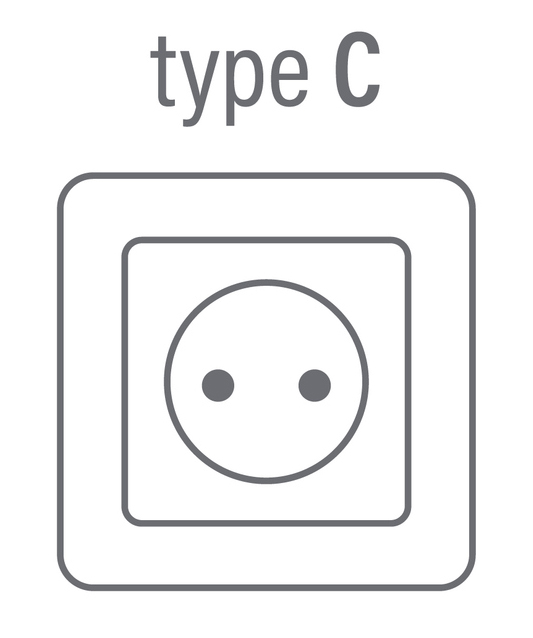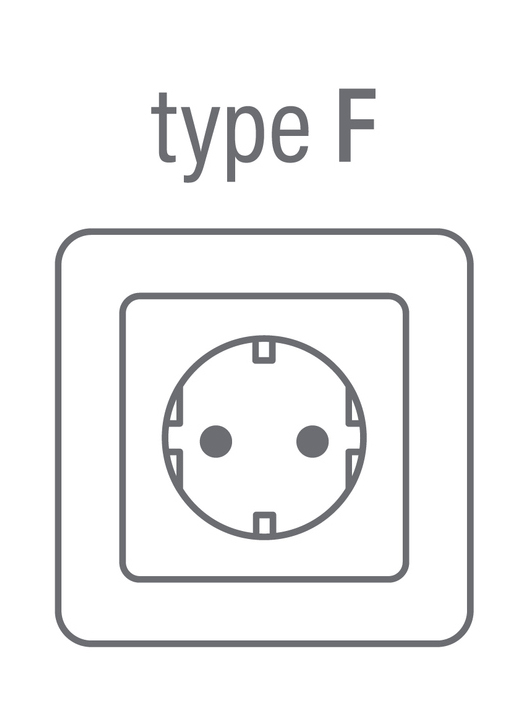Germany
![]()
TRAVEL INFORMATION QUICK LINKS
Navigate your travels seamlessly with vital information on passport and visa requirements, plug types, currency exchange, and other essential details to make your journey hassle-free.
Stay informed and prepared for your journey with these essential health and safety tips to ensure a smooth and worry-free travel experience.
A handy guide offering suggested tipping amounts to enhance your travel experiences with ease and respect for local customs.
Prepare for your adventure with insights into the weather of your destination, offering valuable information to help you pack and plan accordingly for a comfortable and enjoyable journey.

ESSENTIAL TRAVEL INFORMATION
PASSPORT REQUIREMENTS
- Passports must have at least three months validity remaining beyond your planned date of departure from the Schengen Area.
- Beginning November 10, 2024, the EU Entry/Exit system (EES) will replace the physical stamping of passports when you go through passport control in the EU/Schengen area. Non-EU nationals will be required to provide their passports as well as have a photo of their face taken and their fingerprints scanned each time they cross the external borders of a country in the EU. Everyone, regardless of age, will need to go through the EES checks. Children under 12 will not need to provide fingerprints; however, they will still need to have a facial scan taken. Learn more at europa.eu/ees
VISA REQUIREMENTS
- US citizens visiting Germany for tourism or business purposes for less than ninety days over a period of six months are not required to obtain a visa prior to arrival.
- Proof of accommodation, financial means, and onward travel may be required on arrival.
- Please note: Beginning in late 2026, all U.S. citizens traveling to the European Union (EU) will need to apply for ETIAS travel authorization ahead of their departure through the official ETIAS website or the ETIAS mobile app. Applications costs EUR 7, though children under 18 and adults over 70 are exempt from paying the application fee. Approval will generally be delivered via email within minutes of submission.
- Once approved, the ETIAS travel authorization will allow you to enter the EU as often as you want for short-term stays, normally up to 90 days in any 180-day period. The authorization is linked to your passport and is valid for up to three years or until your passport expires, whichever comes first.
- Read more at: US Department of State Profile for Germany
LANGUAGE
- German is the official and predominant language in Germany.
- Minority languages are Danish, Low German, Sorbian, Romany, and Frisian. Immigrant languages are Turkish, Kurdish, Polish, Balkan languages, and Russian.
- English is taught in school, so many Germans, especially the younger generations, are able to communicate in at least basic English.
CURRENCY
- The unit of currency in Germany is the Euro (EUR, €).
- Cash is recommended in small towns and rural areas.
TIME ZONE:
GMT +1 (+2 in Daylight Saving Time)VOLTAGE:
230V, 50HzPLUG TYPE:
Germany uses Type C and F plugs.

IMPORT & EXPORT RESTRICTIONS
- The import of certain plants is prohibited into Germany (i.e. potatoes, vines, wineleaves etc.).
- The import of meat products from CIS countries, Portugal, Sardinia, Spain, Türkiye, and all countries of Africa and Asia is prohibited.
- There are no restrictions on the importation or exportation of foreign or local currency if arriving from or departing to another EU country. If arriving directly from or departing directly to a non-EU country, amounts exceeding the value of € 10,000 in foreign or local currency, including traveler’s checks, must be declared.
- For detailed import and export regulations, please consult the IATA Travel Centre.

TRAVELERS’ HEALTH & SAFETY
REQUIRED IMMUNIZATIONS
- There are no required immunizations required to enter Germany.
- It is recommended that you are up to date on all routine vaccinations.
- Please visit the CDC.gov website for recommended immunizations to visit Germany.
OTHER SAFETY NOTES
- While violent crime in Germany is rare, pick pocketing and purse snatching in large cities and major tourist areas does occur. It is therefore recommended that you leave valuables at home, carry only what is necessary, and keep it close to your body at all times. Use common sense awareness and the same personal security measures you would normally use in any large city or tourist destination.
- Hooligans, most often drunken “skinheads,” have harassed and attacked perceived foreigners or members of rival groups. Seemingly racially motivated assaults (because of a “foreign” appearance) against U.S. citizens have occurred.
- Demonstrations occur frequently. Be sure to monitor local developments and avoid all demonstrations.
LOCAL LAWS AND CULTURAL CONSIDERATIONS
- It is always polite to ask first before speaking to someone in English instead of assuming he or she will understand.
- Direct eye contact is considered a sign of respect and interest during conversation.
- Punctuality is highly valued. Being on time for meetings, appointments, and services is expected.
- Shaking hands is a common form of greeting or introduction. A single kiss on each cheek is usually only conducted between friends.
- Expect accessibility to be limited in some older public transportation, lodging, and general infrastructure especially outside major cities, but common in most urban infrastructure. Please advise Ker & Downey in advance if you have any health issues that might require special facilities.

GRATUITIES
- Porter: €2 per bag
- Transfer: €10 per transfer
- Hotel housekeeping: €3 per room per night
- Guide – full day: €30 per day
- Guide – half day: €15 per day
- Driver – full day: €30 per day
- Driver – half day: €15 per day
- Restaurants, pubs, and cafés: 10% - 15% of bill

WEATHER
- Spring is characterized by milder temperatures and blossoming landscapes.
- Daytime temperatures typically range from 10 to 20 degrees Celsius (50 to 68 degrees Fahrenheit).
- Spring showers are common, and the weather becomes more pleasant as the season progresses.
- Summers in Germany are generally mild to warm. Daytime temperatures often range from 20 to 30 degrees Celsius (68 to 86 degrees Fahrenheit).
- Southern regions, such as Bavaria, may experience warmer temperatures, while coastal areas tend to be milder.
- Rainfall is moderate, and there are occasional heatwaves.
- Autumn sees a gradual cooling of temperatures. Daytime temperatures range from around 10 to 20 degrees Celsius (50 to 68 degrees Fahrenheit).
- Fall foliage is prominent, especially in regions with deciduous trees.
- Rainfall may increase, and the weather becomes cooler as the season progresses.
- Winters in Germany vary, with colder conditions in the interior and milder temperatures along the coast.
- Daytime temperatures in most regions range from 0 to 10 degrees Celsius (32 to 50 degrees Fahrenheit).
- The southern and central parts of Germany may experience snowfall, providing opportunities for winter sports.
- Coastal areas, particularly in the northwest, tend to have milder winters.